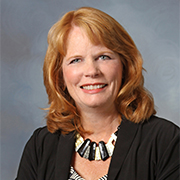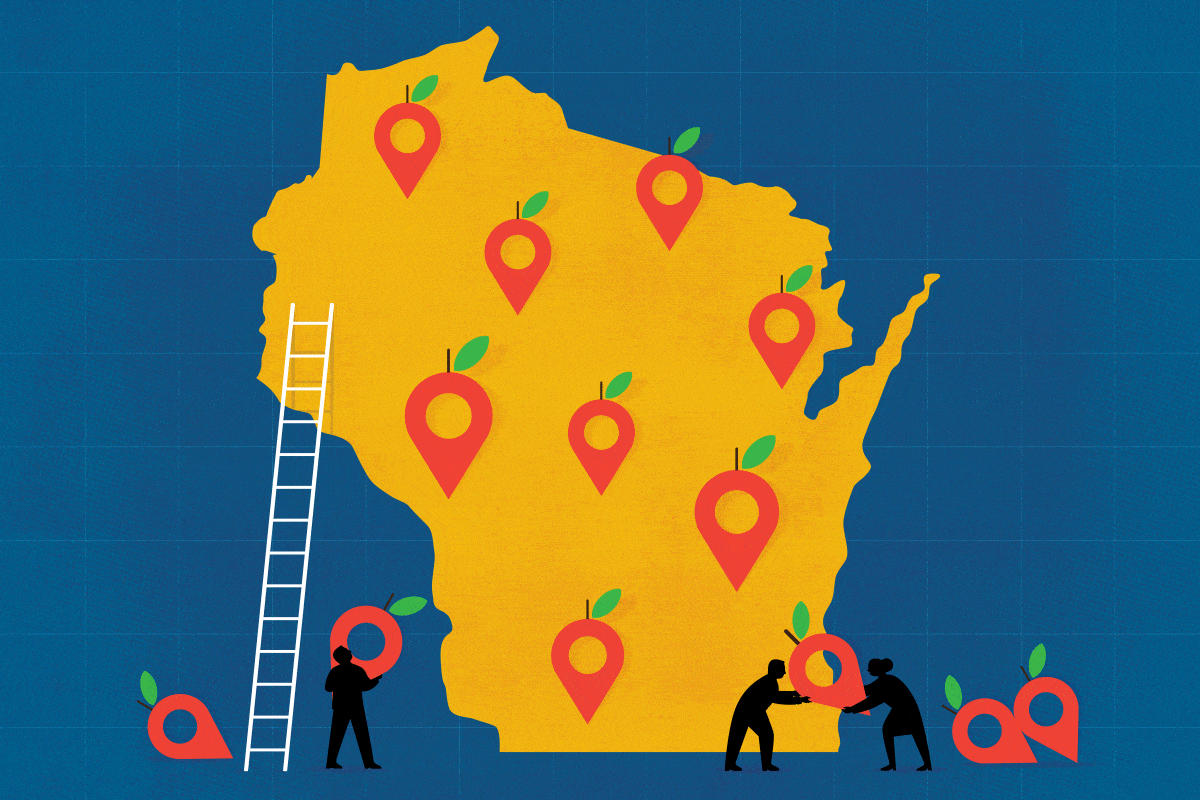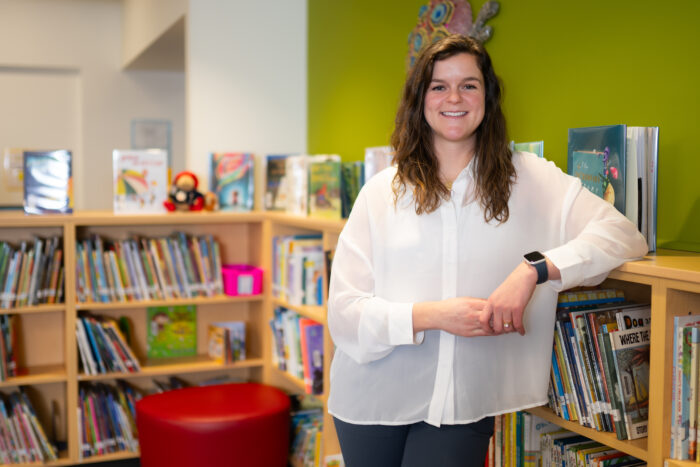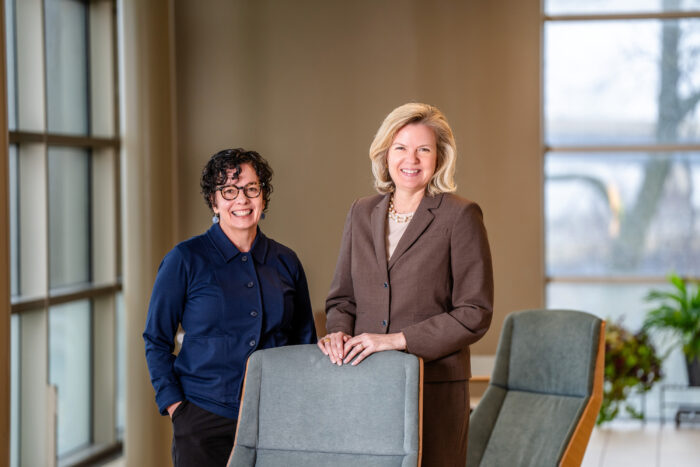When someone accepts the position of superintendent, they aren’t just taking on a job – they are taking on the educational future of a community.
“Schools are often an asset and a resource, and even the jewel of a community, that we are trusting that leader to guide,” says Dr. Eric Dimmitt, clinical associate professor of educational policy and leadership at Marquette University. “In some smaller areas, they might even be the largest employer in the community. They’re what people look for when they’re moving to a community. This person plays a really important role in leading and making a difference.”

Dr. Sara Burmeister, clinical assistant professor of educational policy and leadership in Marquette’s College of Education, remembers the first time that truly set in for her. She had recently been named superintendent and was asked for an executive decision on the financial operations of her district.
She looked around and realized the buck stopped with her. Thankfully, she was prepared.
“It’s a challenge, but an exciting challenge,” says Burmeister, who spent 13 years in the role.
Superintendents need to critically assess their district from a bird’s-eye view to the tiniest details, to maintain relationships within schools and throughout the community and ensure all aspects of the complicated educational process are running effectively. Sound daunting? It can be. That’s why a program tailored to those needs is necessary.
Burmeister now serves as the program coordinator of Marquette’s superintendent licensure program, designed for leaders who are driven to solve complexities, be innovative and change the educational landscape for the better. It’s built on the fundamental belief that the success of students and teachers rests in part on the leadership in their schools.
“I think one thing we strive for at Marquette is providing not only the theoretical but, more importantly, the practical, and to identify the knowledge, skills and abilities that are needed specifically for the superintendent position,” Burmeister says. “There are leadership courses, but how does that look different in a school district? Why is being a CEO in a school district different from being a CEO of a business or a nonprofit organization?”
Meeting the need

The pipeline for future district leaders in Wisconsin was heavily disrupted in April 2024 when Cardinal Stritch University, a Catholic institution based in Glendale, Wisconsin, announced its sudden closure. The school previously played a major role in developing individuals ready to carry the heavy mantle that comes with the superintendency.
“You couldn’t go to a superintendents’ meeting without the room being filled with people who had Stritch background,” says Dimmitt, who spent nine years at the university before its closure.
Without Stritch, the state’s education system faced a major void. Individuals need to be licensed to serve as superintendents in Wisconsin, and only a handful of schools offer a program. Marquette was one of them, but the program was dormant for about a decade before Dimmitt’s arrival. Despite no active courses, the College of Education kept its license up to date, allowing for a quick revival.
“So, when this happened at Cardinal Stritch and students were looking at where they’d go, because we still had it on the books and it was approved by the Wisconsin Department of Public Instruction, we could just start getting those courses up and running again,” Burmeister says.
That was a blessing to Cardinal Stritch students scrambling to find a landing spot to complete their academic journey.
“I’m glad that Marquette was poised to, and I was glad to be here to help fill that gap,” says Dimmitt, who has focused on supporting these students during their transition in his first years at Marquette.
Burmeister worked to update the curriculum, fine tuning and digitizing courses that detail the skills she learned were necessary from her time in the position. Those within the program learn how to recruit, hire and part with teachers, how to lead their own curriculums and maintain a budget.
“A lot of people that prepare to become superintendents have been in other leadership positions in school districts before,” Dimmitt says. “But the superintendency is unique. Suddenly you are not reporting just to a single person. You have an entire board, an entire community. Sara has woven into the curriculum how you navigate that space.”
Statewide impact
Dimmitt’s expertise from his time at Cardinal Stritch will help continue shaping the program, intertwining the licensure with Marquette’s doctoral program, an avenue quite attractive to prospective students.
“It has become more commonplace for superintendents to have that advanced degree,” Dimmitt says. “It’s a natural progression. Whether they do one side-by-side or how they pace that out, there’s flexibility that we’ve built into the program just like we had at my prior institution.”
Those interested in pursuing the licensure program do not need to reside near Marquette’s Milwaukee-based campus. All students in the program are currently taking classes online, alleviating the stress of taking on a heavy academic load while simultaneously working full time. Students must hold a principal license to be eligible for the program, so most are already acting in prominent administrative roles.
Of the select few schools who offer a licensure program, even fewer offer an online option. Marquette’s students currently come from across the state, largely completing asynchronous course work while still having the opportunity to virtually connect in small groups and network. The College of Education convenes a group of current superintendents yearly to learn more about current topics and skills needed by school district leaders in order to enhance the Marquette program.
“The programming is really important, but we also understand that it’s more than just a course or classroom experience,” Dimmitt says.
Lessons learned can impact countless lives across Wisconsin.
“The most important thing we can do is prepare them to be able to adapt, to be able to recognize what’s needed at this time, in this situation and in this community, and how you provide that,” Burmeister says.



